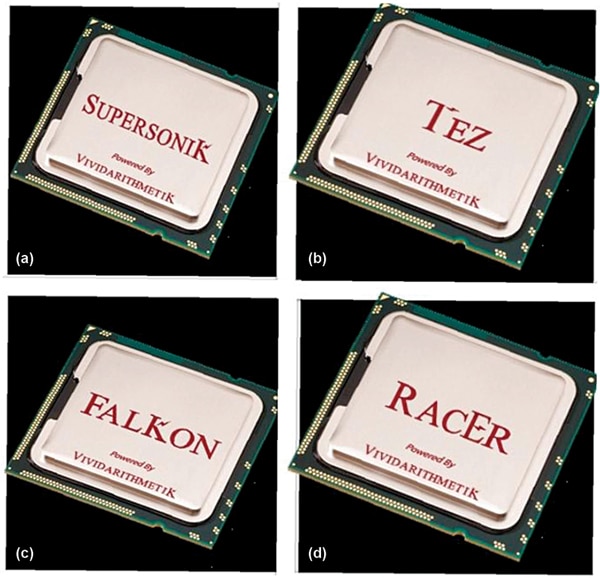Ever heard of GPUs that can be programmed on the fly? VividSparks, a company from Hubli, Karnataka, is working on making this possible. Dr Vijay Holimath, President and CEO of VividSparks, talks about how the company brought a revolution in the computing world.
High-end computing technology needs to be efficient and powerful, but using a floating point number system makes it challenging to accomplish. This is due to the requirement for double precision in a floating point number system for good arithmetic accuracy. Thanks to the POSIT numbering system VividSparks has developed a novel chip based cloud computing technology that enables the programming of both the hardware and the software. This way, next-generation processors can perform complicated tasks in high-performance computing efficiently.

The POSIT number system supports technology that avoids mathematical overflows or underflows and assists in a high dynamic range. Hence, good efficiency conveys highly accurate detection correction algorithms and good mathematical results.
Dr Vijay Holimath says, “The POSIT number system in computing technology can make the chip smaller, and whatever you implement on the chip will be cheaper. The carbon footprint is lower, and this also reduces power consumption.” VividSparks introduced the first POSIT number based GPGPUs (general-purpose GPUs) and compilers that implement super-fast arithmetic libraries.
High-performance computing (HPC) multicore, automotive multicore, POSIT GPGPU, and AI multicore are the four main applications that VividSparks focuses on with its products. SupersoniK manycore is used in high-performance computing, and RacEr manycore that focuses on GPU computing can carry out two independent operations with a single instruction. Automotive applications use the FalKon manycore FPGA, and AI/ML applications use the Tez manycore FPGA.
Dr Holimath returned to India in 2014 after working as a research and development engineer at the National Institute of Informatics, Tokyo. He was always fascinated with computer architecture, so he started working with Prof. John Gustafson. After almost ten years of research and development, they introduced the novel architecture of high-end computing using the POSIT number system.
VividSparks has a unique marketing strategy that allows it to sell their services on a subscription basis. The customers do not need any infrastructure as the whole system of VividSparks is cloud based. They charge end customers per subscription, either monthly or yearly.
VividSparks aims to build customers from all over the world. The company carries out all its research and development in India. However, VividSparks engineers work from locations such as Marid, Tokyo, Paris, and Washington.

Please register to view this article or log in below. Tip: Please subscribe to EFY Prime to read the Prime articles.






